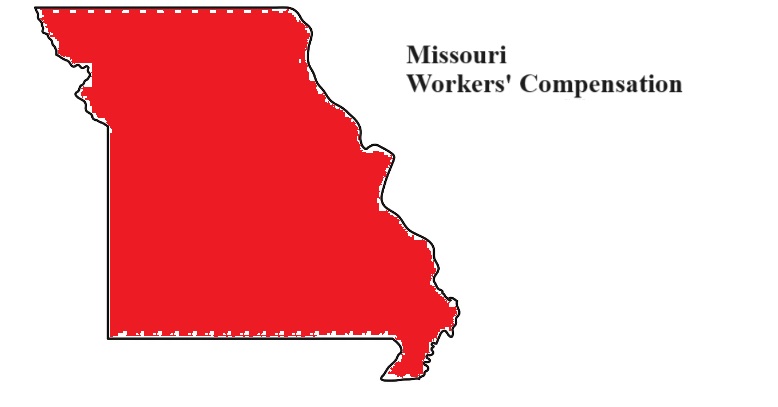By Steven A. Edelman, Attorney, (314) 631-6777, Ext. 14
When a worker suffers a work injury, they may not consider the effect that their workers’ compensation case has on their Medicare benefits. Medicare is primarily relevant to a workers’ compensation case involving two situations: (1) Medicare Conditional Payments and (2) Medicare Set Aside (MSA)
Why would an Injured worker be receiving Medicare Benefits at the same time as their workers’ compensation case?
- Some injured workers qualify by age to receive social security retirement benefits and Medicare benefits.
- In the most serious of work injuries, an injured worker may find that they are unable to return to work at the employer where they suffered their work injury. Additionally, the worker can not maintain employment at any job in the gainful marketplace due to their continued disability from the work injury. If the injured worker can not return to work at any job, then they may apply for social security disability (SSDI). If approved for SSDI, within a set time, the injured worker will become eligible to receive Medicare benefits and or receive Medicare benefits.
Medicare’s Interest in a Worker’s Compensation Case:
When an injured worker is eligible to receive Medicare benefits or is already receiving Medicare benefits, then Medicare’s interest must be considered when the injured worker settles their workers’ compensation case. The mechanism to protect Medicare’s interest in a workers’ compensation settlement is by drafting a written document called a Medicare Set Aside (MSA). Additionally, a Medicare Conditional Payment search must be completed to confirm if any medical bills related to the work injury were paid by Medicare.
What is a Workers’ Compensation Medicare Set Aside (WCMSA) also known as a Medicare Set Aside (MSA)?: It is a written document typically prepared by a third party company hired by the employer/insurer for the purpose of calculating the amount of money that is “set aside” to pay for future medical treatment solely for the injured workers’ injured suffered at work. Once the MSA money is exhausted, then an accounting is given to Medicare, and Medicare will then pay for the cost of future medical treatment related to the work injury.
- A MSA must be submitted to Medicare for Medicare’s review and approval. If Medicare approves the MSA, then the settlement may proceed forward. If Medicare does not approve the MSA, then the MSA must be recalculated and resubmitted to Medicare for approval.
- Once the MSA is approved by Medicare, and the workers’ compensation case is settled, the MSA money deposited by the employer/insurer into a bank account. The MSA money is typically professionally administered by a third party company paid for by the employer/insurer.
- After settlement of the workers’ compensation case, the professional administrator of the MSA account will then pay the medical bills for the injured worker that are related solely to medical treatment for the work injury. The MSA administrator will only pay the medical provider the amount of the medical bill that Medicare would pay per the Medicare guidelines. The balance of the medical bill is not collectible against the injured worker.
In order to comply with Section 1862(b) of the Social Security Act, Medicare is not permitted to pay for medical items or services, including prescription drug expenses, related to the workers’ compensation claim until the approved WMSA amount is appropriately exhausted (“properly spent”) on related medical care. See also: https://www.hhs.gov/guidance/document/cms-attorney-services#:~:text=%C2%A71395y(b)(2,policy%20or%20plan%20(including%20a
Important: Medicare’s interest is always considered in every workers’ compensation case. However, Medicare will only review Medicare Set Asides (MSA) in two situations:
- The injured worker is Medicare beneficiary and the workers’ compensation settlement is greater than $25,000 AND
- The injured worker “has a reasonable expectation of Medicare enrollment within 30 months of the settlement date and the anticipated total settlement amount for future medical expenses and disability/lost wages over the life or duration of the settlement agreement is expected to be greater than $250,000.00” See also Medicare’s website website regarding Medicare Set Asides (MSA) and workers’ compensation benefits.
See Also Medicare’s website: https://www.cms.gov/medicare/coordination-benefits-recovery/workers-comp-set-aside-arrangements
Failure to perform a MSA and obtain approval by Medicare may result in loss Medicare benefits.
Medicare Conditional Payments:
Medicare Conditional Payments: What are they? Medicare conditional payments are medical bills paid for by Medicare for the work injury, which are conditioned on Medicare being repaid. If an injured worker is a Medicare beneficiary, it is necessary for the parties to perform a Medicare conditional payment search. This is performed by writing to Medicare to confirm if Medicare paid for any medical bills related to medical treatment for the work injury. Any medical bills paid by Medicare must be repaid to Medicare, and as part of the the workers’ compensation settlement, the employer/insurer must assume, defend, indemnify and hold harmless the injured work for any Medicare conditional payments.
If you’ve been injured at work, then please immediately contact our law firm, and one of our skilled attorneys will be happy to discuss your rights and benefits under workers’ compensation law. Call us for a free consultation: 314-631-6777, Ext. 14
Steven A. Edelman, Attorney



